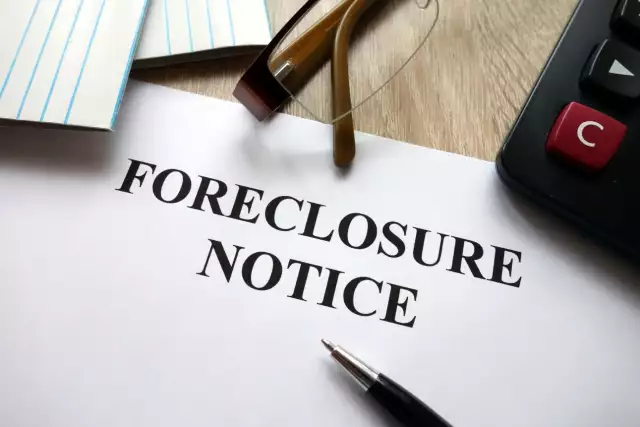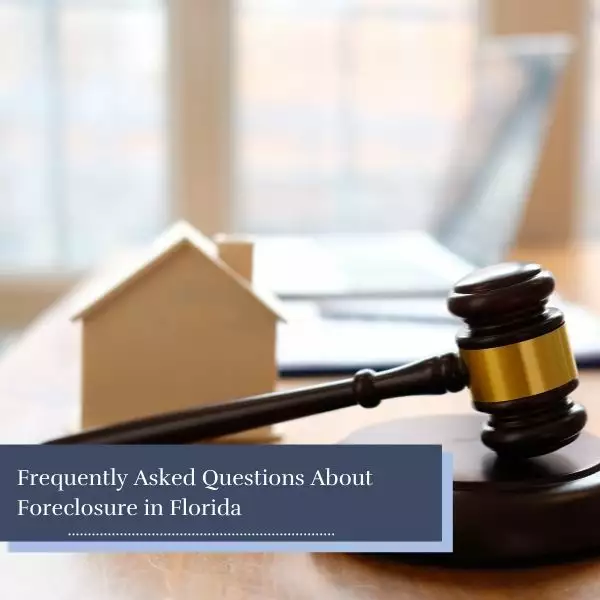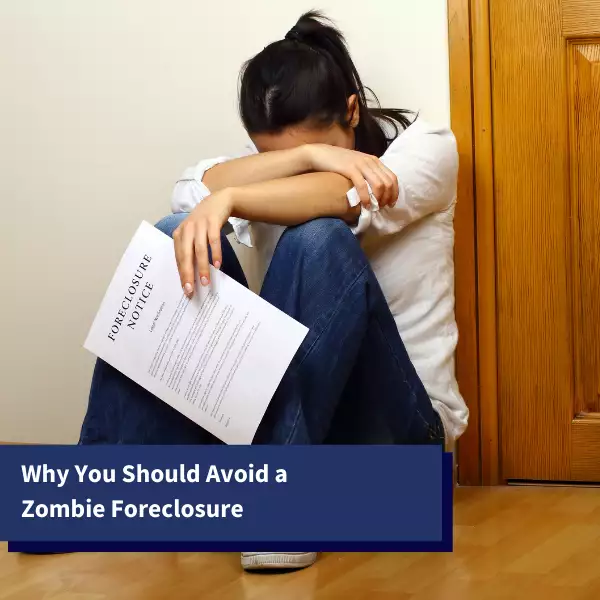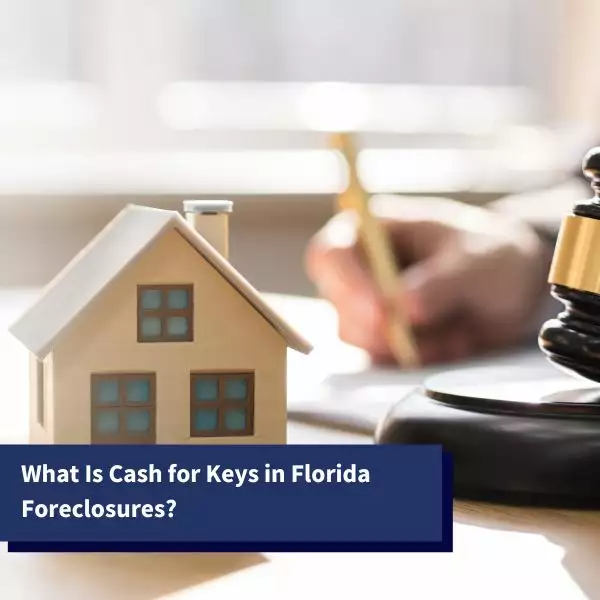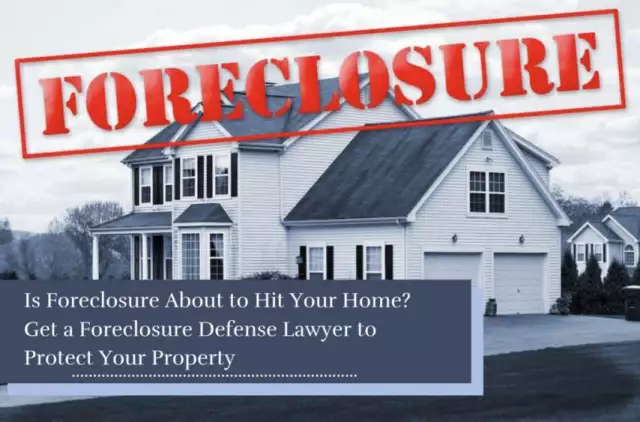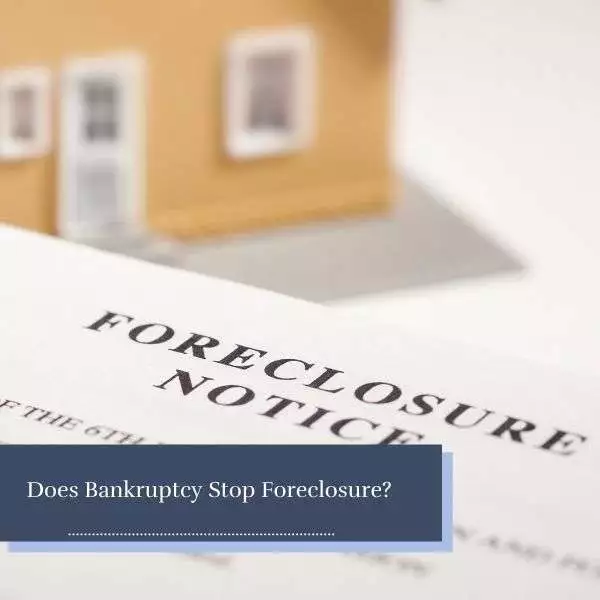Alternatives to Foreclosure in Florida
Throughout the country, foreclosure activity has increased by 11 percent since the beginning of 2022. California was the state with the most amount of foreclosures, but Florida had the second-highest amount of foreclosure starts. While California has seen 1,868 foreclosure starts, in Florida there have been 1,527. According to a representative from the ATTOM company, the agency that conducted the research, these kinds of numbers are what Floridians can expect in the future. For the next six months, there is likely going to be triple digit increases year-over-year and double digit growth month-over-month.
The reason for the increase in foreclosures is largely due to the fact that foreclosures are returning to pre-pandemic numbers. Now that state and federal legislation protecting homeowners from foreclosures have long since expired, more and more Floridians are likely to find themselves in this position. If you are one of them, it is important to know there are alternatives. Our Florida foreclosure defense lawyer explains what these are below.
Refinancing
Refinancing your mortgage essentially replaces your current mortgage loan with an entirely new one. When you refinance, you can lower the interest rate, reduce the monthly payments, cash out equity in your home, and even change your lender. This is beneficial because any of these changes could make the loan more affordable for you to pay. The other benefit that comes with refinancing your loan is that you can avoid foreclosure and stay in the home now, and in the years to come.
Lenders will often allow borrowers to refinance their mortgage, but there are times when they may not allow it. These include if you are currently carrying too much debt, you have poor credit, you do not have enough cash, or your home has dropped in value.
Loan Modification
Loan modifications are very similar to refinancing the loan. Through a refinance you can change the terms of your loan such as your interest rate, the length of the loan, and perhaps even the principal amount owing. The difference between a loan modification and a refinance is that a loan modification only changes the terms of the current loan. A refinance replaces your current loan with an entirely new one.
Loan modifications always have the potential to become very complex. You will have to apply for one with your lender. When you do, your lender will want to see evidence that you can make payments according to the new terms of the loan. You may have to provide a debt-to-income analysis, an updated credit score, and asset statements and pay stubs. Negotiating a loan modification is not easy. A foreclosure defense lawyer in Florida can help ensure the best chance of success.
Deed-in-Lieu of Foreclosure
A deed-in-lieu of foreclosure is a legal document that transfers the title of the property owner to the lender in exchange for eliminating the loan deed. A deed-in-lieu of foreclosure has the same outcome as other alternatives to foreclosure, such as a short sale. The bank will own the home at the end of the process, meaning you will have to move out of the property. However, this option will also allow you to avoid the stress of foreclosure and exit the process without having to go through the litigation process. It can also help protect your credit score.
Although deeds-in-lieu of foreclosure do have many benefits, they also carry some potential risks. For example, you may lose money if you could have listed the property on the market and sold it for more than what is owed on the mortgage. Often, a deed-in-lieu of foreclosure is only used as a last resort and it is usually best to work with a foreclosure defense lawyer who can advise on the best route to take.
Short Sale
A real estate short sale occurs when the owner of a financially distressed home sells their property for less than what they still owe on the market. A short sale requires the lender to accept less than what is still owed on the loan and so, the lender has to approve the sale.
People often wonder why a bank would approve a short sale, but they do for many reasons. First and foremost, it allows the lender to avoid the costly foreclosure process. Lenders are also not property owners, nor do they want to be. As a result, they may be more willing to work with you during the short sale process, knowing you will probably keep the property in good condition at the same time.
Bankruptcy
Any type of bankruptcy will automatically stop a foreclosure process. Once you file for Chapter 7 or Chapter 13 bankruptcy, the bankruptcy judge will issue an automatic stay. This prohibits creditors from contacting you to collect on debt, and prohibits lenders from continuing or starting foreclosure actions. If you file Chapter 7 bankruptcy, any equity you have in the home is exempt, meaning you will not lose it to repay your creditors. If you file Chapter 13 bankruptcy, any debt you carry will be organized into a repayment plan so it is more affordable for you to pay.
Like a Chapter 7 bankruptcy, a Chapter 13 bankruptcy may also allow you to discharge some of your debt. Due to the fact that some of your debt may be discharged during bankruptcy, it may also free up some of your funds that you can then use towards your mortgage. Potentially, that could allow you to stay in your home.
Call Our Foreclosure Defense Lawyers in Florida Today
If you are in fear of foreclosure, or your lender has already started the process, our Florida foreclosure defense lawyers can help. At Loan Lawyers, we have helped thousands of homeowners remain in their homes and we want to put that experience to work for you. Call us today at (954) 523-4357 or contact us online to schedule a consultation.
